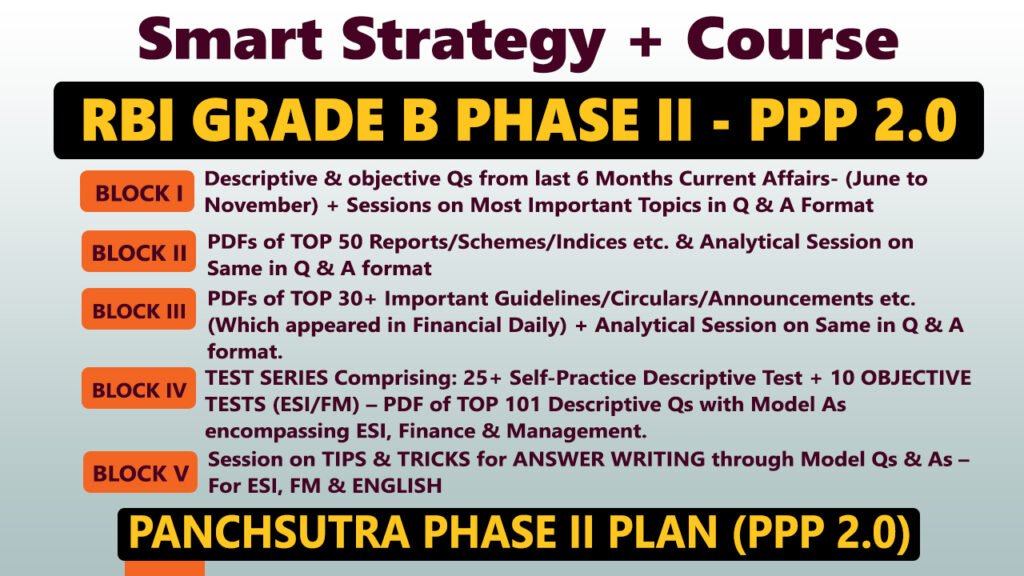Context:
The Securities and Exchange Board of India (SEBI) released a consultation paper proposing turnover-based thresholds for determining material Related Party Transactions (RPTs). The move aims to ease compliance for large listed entities while ensuring transparency and shareholder protection.
What is Related Party Transactions (RPTs)?
Related Party Transactions (RPTs) are transactions between a company and parties that have a pre-existing relationship with it, such as promoters, subsidiaries, key managerial personnel (KMP), or close family members of these individuals.
Examples
- Sale/purchase of goods or property between the company and its subsidiary.
- Payment of managerial remuneration to directors.
- Loans or guarantees given to related entities.
Material Related Party Transactions (Material RPTs)
Material RPTs are those transactions between a company and its related parties that cross a specified monetary threshold, making them significant enough to require stricter regulatory scrutiny and mandatory shareholder approval.
Current Rule
- Material RPT:
- A transaction exceeding ₹1,000 crore or 10% of annual consolidated turnover, whichever is lower, is currently classified as “material” and requires shareholder and audit committee approval.
- Requires shareholder approval if deemed material.
SEBI’s Proposed Turnover-Based Materiality Thresholds:
| Company Turnover | Proposed RPT Materiality Threshold |
|---|---|
| Up to ₹20,000 crore | 10% of annual turnover |
| ₹20,001–₹40,000 crore | ₹2,000 crore + 5% of amount exceeding ₹20,000 crore |
| Above ₹40,000 crore | ₹3,000 crore + 2.5% of amount exceeding ₹40,000 crore OR ₹5,000 crore (whichever is lower) |
Purpose of Regulating Material RPTs
- To safeguard the interests of minority shareholders.
- To ensure corporate governance and accountability in dealings with promoters or related entities.
- To prevent conflict of interest or diversion of funds under the guise of internal arrangements.



















